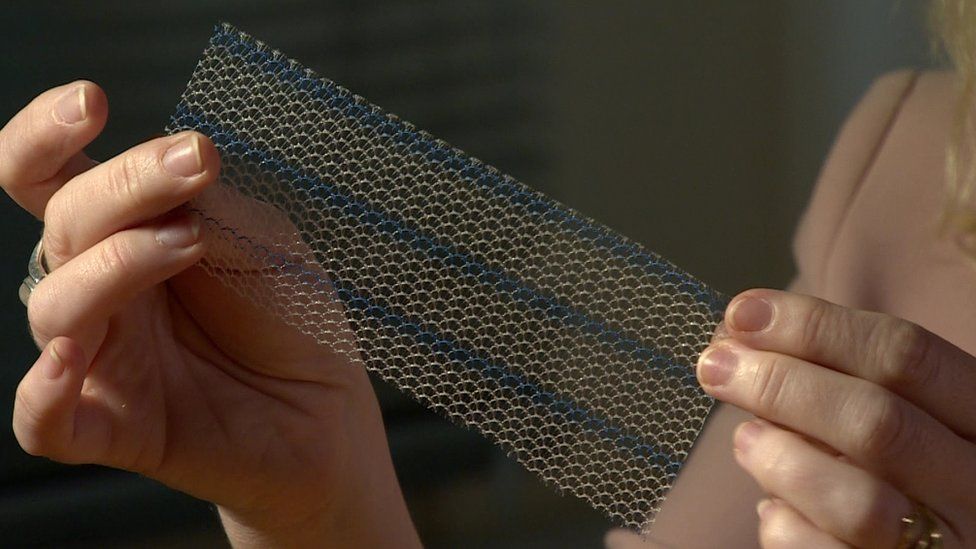
Families of children left disabled by an epilepsy drug and women injured by pelvic mesh implants should be given urgent financial help, England’s patient safety commissioner has said.
Dr Henrietta Hughes has called on the government to act quickly to help victims of the two health scandals.
It follows a review which found lives had been ruined because concerns about some treatments were not listened to.
Ministers say they will consider and respond to the recommendations.
It is estimated that, since the early 1970s, about 20,000 babies have been born with disabilities after foetal exposure to sodium valproate, which can harm unborn babies if taken in pregnancy.
Scientific papers from as early as the 1980s suggested valproate medicines were dangerous to developing babies, yet warnings about the potential effects were not added to some packaging until 2016.
Some families affected have been campaigning for decades to raise awareness of the potential effects of the drug, with some calling for compensation and a public inquiry.
Dr Hughes was asked by the government to look into a potential compensation scheme for those affected by that scandal, as well as the one involving some 10,000 women who were injured by their pelvic mesh implants – a treatment for pelvic organ prolapse (POP) and incontinence.
Some women were left in permanent pain, unable to walk, work or have sex.
Figures suggest there were 127,000 mesh implants to treat incontinence and POP between April 2008 and March 2017, but campaigners believe the actual number is higher.
Dr Hughes has recommended initial payments of £100,000 to be made to victims of the sodium valproate scandal and £20,000 to be paid to women injured by mesh implants.
This should be followed by further payments for some, as well as some non-financial assistance to victims and their families, Dr Hughes said.
‘Scandal bigger than thalidomide’
Dr Henrietta Hughes told the BBC she believed the sodium valproate scandal was “bigger than thalidomide” – referring to the severe birth defects caused by a morning-sickness drug, which was licensed in the 1950s in the UK.
“I’ve heard so many heartbreaking stories about the problems they’re having in terms of getting access to the medical care that they need, but also the impact that it’s had on the parents who have had to give up their work, give up their businesses and stay at home and care for their children,” Dr Hughes said.
She said many of those born with disabilities – known as foetal valproate syndrome – had been unable to work or look after themselves as adults.
She said a redress scheme was “a question of justice” for families who had “been fighting for years or even decades”.
Failure to help victims of the scandal would show “a callous disregard for the pain and the suffering” of those harmed, Dr Hughes said.
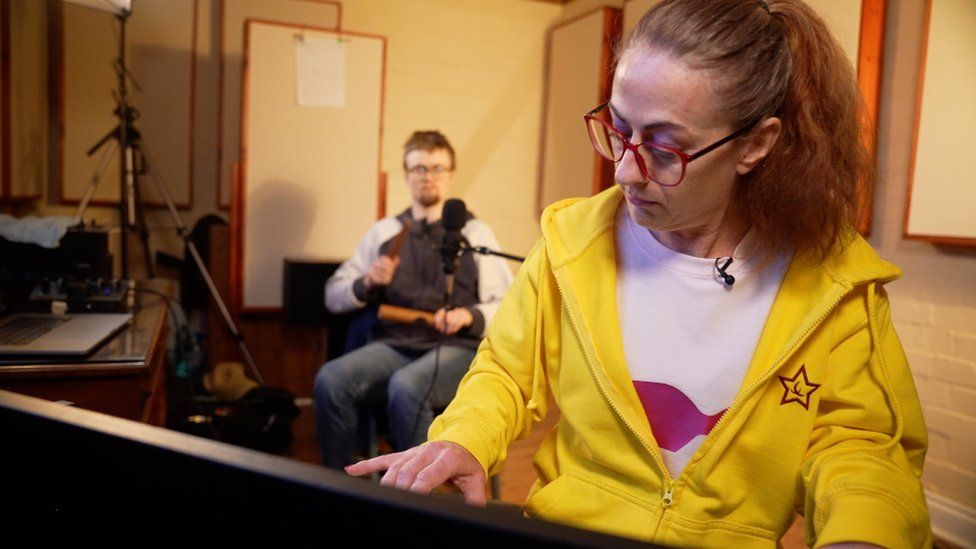
‘Guilt’ for taking epilepsy drug
Emma Friedmann, whose son Andy was born with foetal valproate syndrome, said she felt guilty about her son’s condition.
“It’s the guilt of taking the pills. It’s the guilt of not asking enough questions. It’s the guilt of becoming pregnant. It’s the guilt of believing your doctors… It’s the guilt of not being able to provide for your family.”
Andy, now aged 25, is unlikely ever to live independently and is more like a six-year-old, his mother said.
Mr Friedman said she was not hopeful she would receive any compensation and that her trust “can never be fixed”.
“This is what makes me upset – that these people have known for so long and they are still resisting… doing things.”
She said she had found it difficult to cope emotionally, at times.
The government now says the drug should not be given to women or girls of childbearing age, except in special circumstances.
Even now, about three babies a month are born with developmental disorders and physical abnormalities after foetal exposure to the drug.
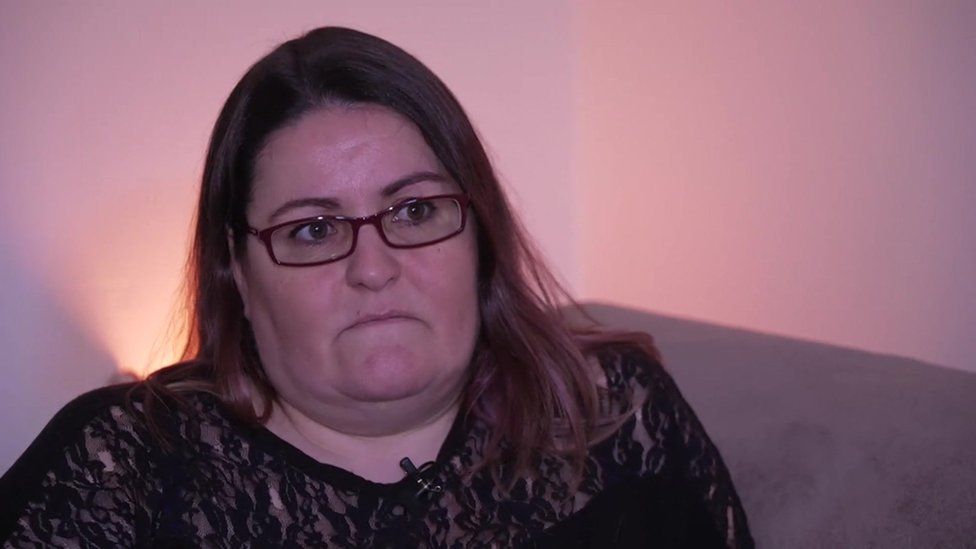
‘Severe pain’ from mesh
A review in 2020 concluded that the suffering caused by pelvic mesh had also been entirely avoidable, caused by failings in the health system and a failure to heed families’ warnings.
Dr Hughes told the BBC many women who have been injured by the mesh have suffered, need wheelchairs and have to “pay a fortune” to travel to hospital appointments.
“It just adds insult to injury,” she said.
Sadie Lambourne, from Yeovil, told the BBC she had lost her independence due to injuries sustained by her mesh implant.
She said she was advised by a surgeon to have it fitted to treat incontinence. After a few years, she said she began to suffer severe pain in her lower back and had many infections.
“The mesh had eroded through into my bladder, causing all the infection and pain,” she explained.
Sadie had to give up working because she could not stand or sit for long periods, and her teenage children now help her shower and get into bed.
“I’m not able to be a mum for them,” she said.
“We are living hand-to-mouth and we don’t go on holiday.
“A redress scheme would mean I don’t need to worry.
“If I knew then what I know now, I wouldn’t have had the mesh.”
Women’s Health Minister Maria Caulfield said: “Our sympathies remain with those affected by sodium valproate and pelvic mesh and we are focused on improving how the system listens to patients and healthcare professionals, as well as introducing measures to make medicines and devices safer.”
Related Topics
-
-
2 March 2023

-
-
-
22 February 2023
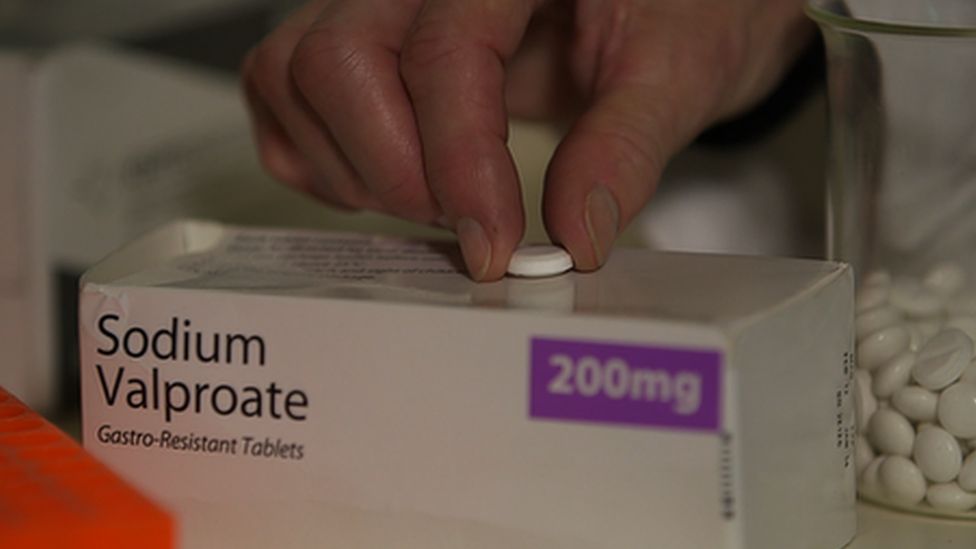
-
-
-
8 July 2021
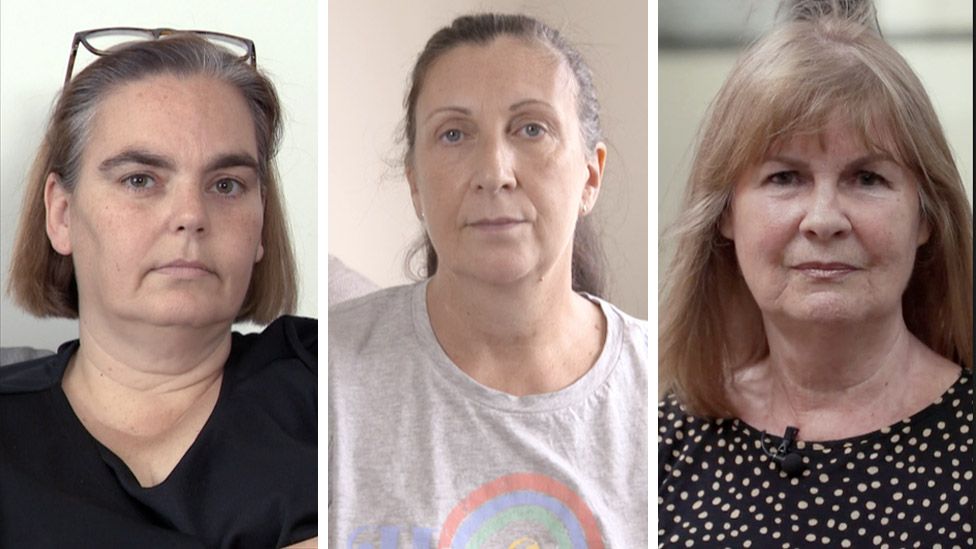
-
-
-
2 December 2020
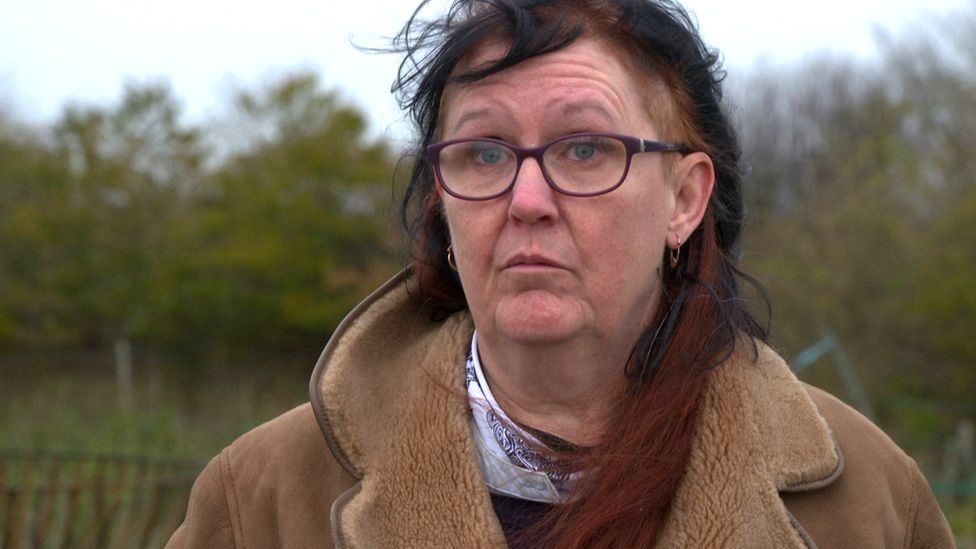
-
-
-
22 January 2018
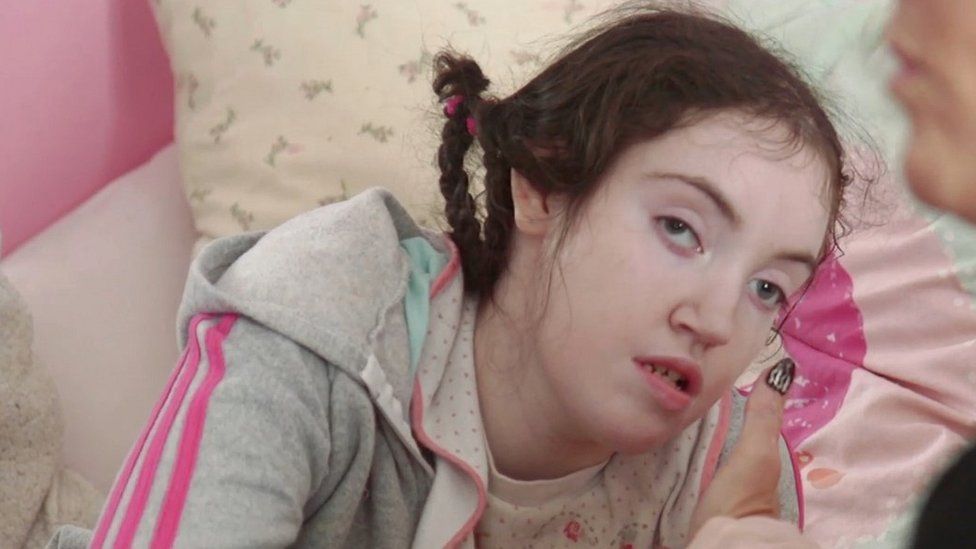
-
-
-
26 September 2017

-
-
-
18 April 2017
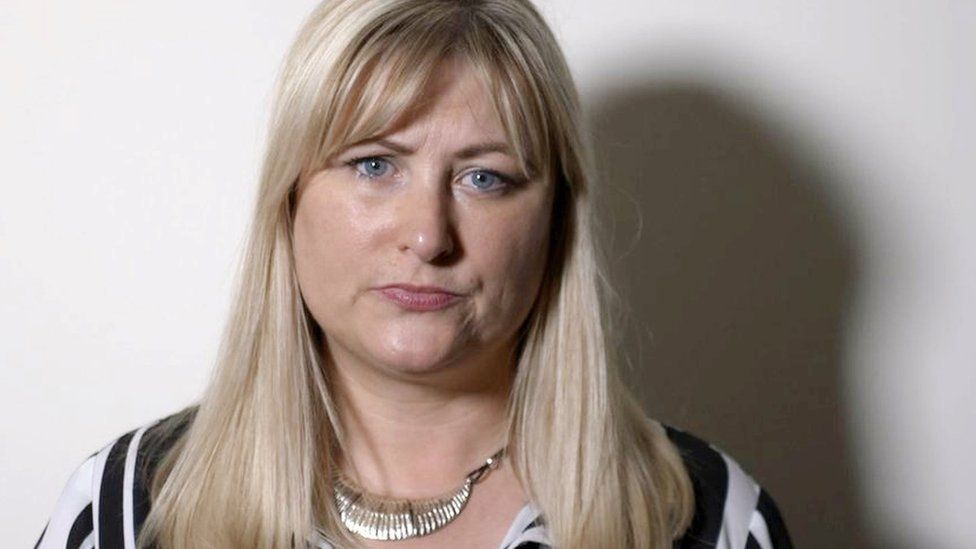
-

